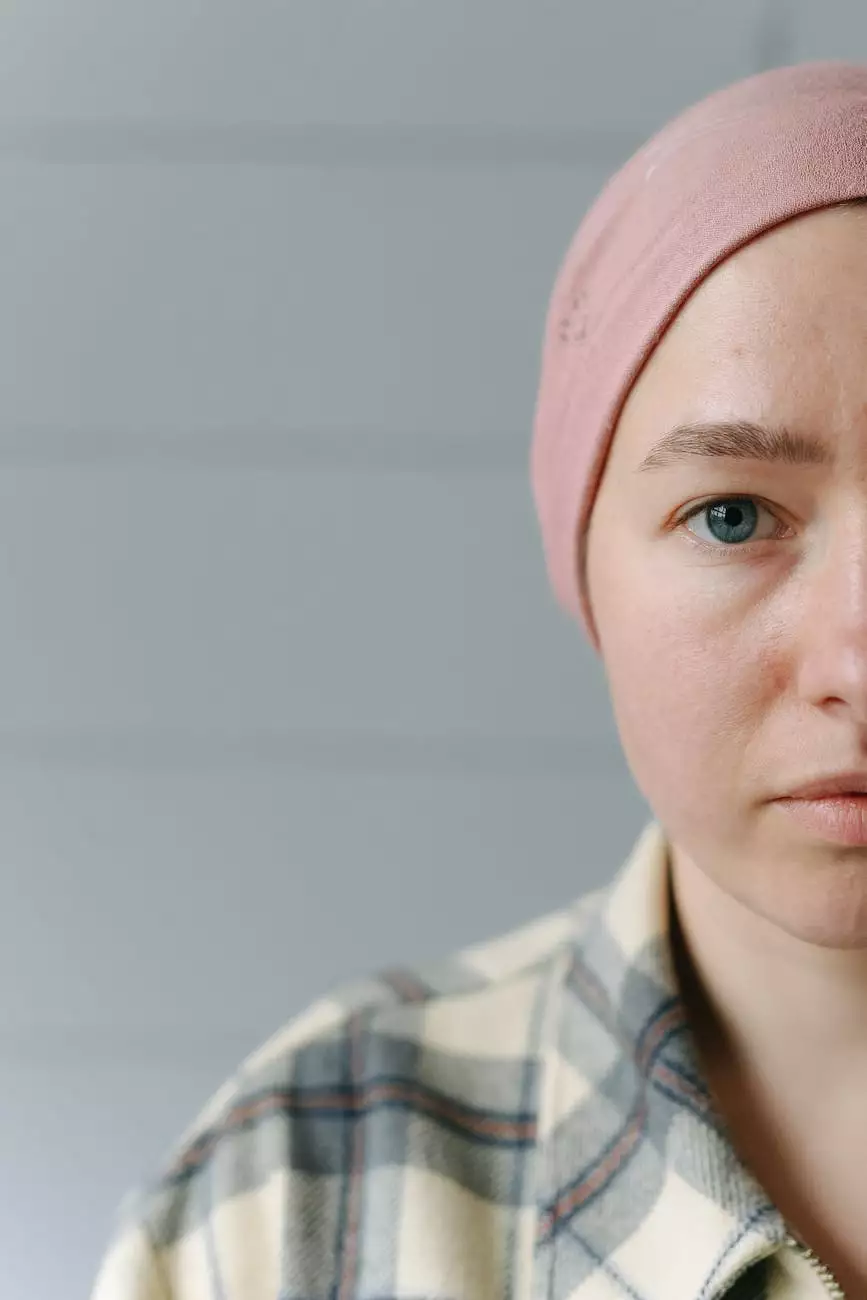Integrative Oncology Benefitting Cancer Patients Study

Introduction
Welcome to the page that delves into the fascinating world of integrative oncology, brought to you by Michael Finley, CNHP. In this comprehensive study, we will explore the remarkable ways integrative treatments have emerged as a beneficial option for cancer patients. Our aim is to provide you with valuable insights and knowledge to make informed decisions about your health and wellbeing.
The Promising Benefits of Integrative Oncology
Integrative oncology is revolutionizing cancer care, focusing not only on fighting the disease but also on improving the overall quality of life for patients. This holistic approach combines conventional and alternative therapies to address the physical, emotional, and spiritual aspects of the individual.
1. Enhanced Treatment Outcomes
Cancer patients undergoing integrative oncology treatments have reported improved treatment outcomes. Integrating traditional cancer treatments such as chemotherapy, radiation, and surgery with complementary practices like acupuncture, herbal medicine, and mind-body therapies has shown promising results. These integrative approaches help mitigate side effects, boost immune function, and promote healing.
2. Increased Quality of Life
Cancer treatments often have detrimental effects on patients' quality of life. However, studies have shown that integrative treatments can alleviate these side effects, promoting physical and emotional well-being. By incorporating techniques such as massage, meditation, and yoga, patients experience reduced pain, improved sleep, reduced stress levels, and enhanced emotional resilience.
3. Personalized and Comprehensive Care
Integrative oncology embraces an individualized approach to cancer care. Each patient is assessed holistically, taking into account their unique health history, lifestyle, and preferences. This personalized approach helps in developing tailored treatment plans that address the specific needs of the patient, ensuring comprehensive care throughout their cancer journey.
Strategies for Implementing Integrative Treatments
The effective implementation of integrative oncology treatments requires an integrated and collaborative effort from healthcare professionals, patients, and caregivers. Here are some strategies to consider:
1. Open Communication
Establishing transparent and open communication between the healthcare team and patients is crucial. This allows for a comprehensive understanding of the patient's medical history, current treatments, and preferences. It also enables patients to actively engage in their treatment decisions and express any concerns.
2. Team-Based Approach
Integrative oncology thrives on collaboration among various healthcare professionals. Oncologists, naturopaths, nutritionists, and mind-body therapists work together to develop a cohesive treatment plan. This interdisciplinary approach ensures a holistic and well-rounded approach to patient care.
3. Education and Empowerment
Empowering patients with knowledge and resources is integral to the success of integrative oncology treatments. Providing educational materials, support groups, and wellness programs helps patients make informed decisions and actively participate in their treatment journey.
Conclusion
Integrative oncology is transforming cancer care by not only fighting the disease but also nurturing the overall well-being of patients. By incorporating complementary therapies and personalized treatment plans, patients experience enhanced treatment outcomes, improved quality of life, and comprehensive care.
At Michael Finley, CNHP, we are committed to providing you with the latest insights and knowledge to guide you through your integrative oncology journey. Together, we can support your healing and well-being, ensuring the best possible outcomes.









